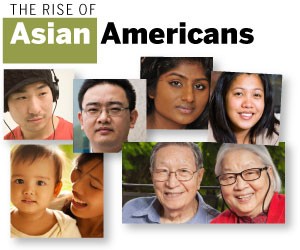Net neutrality has been a big issue in the news lately, and it is a topic I have always found very interesting. I really enjoyed the What Happens to #Ferguson Affects Ferguson: Net Neutrality Algorithmic Filtering and Ferguson reading. I knew that net neutrality was always an issue with large media companies like Comcast, Verizon, AT&T and in opposition of smaller companies like Facebook, Google, and Netflix.
So I was essentially surprised when this article stated that Facebook was doing its own filtering with its content when Ferguson occurred. I thought about it for a while, but it made sense. I knew Facebook already tracked our information. They want to track how their users utilize the site because it gives them a better idea of how to create a website ideal for their users.
But my problem with this is it makes me ask, “Why and how will this affect us in the future?” Is streamlining information this way a good idea for users online? If the internet was originally meant to be an infinite space for us to share information, filtering data essentially goes against this. This goes back to our original talk a few weeks ago about how personalizing data to what a particular user likes only reaffirms their beliefs and promotes close-mindedness. Despite the issue of net neutrality, it seems that it is still happening within companies like Facebook. Any website can streamline the type of information that can be shared on their websites. Ferguson is very controversial, and it makes you really question who gets to decide what we are allowed to share and see on our social media accounts. At the heart of it, the purpose of journalists is to get the news out the the public. But if online media is limiting the word from getting out, it may just be a stance against freedom of speech, in general.



